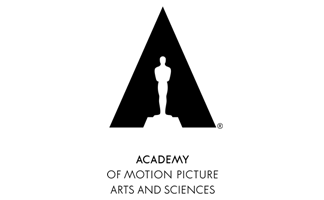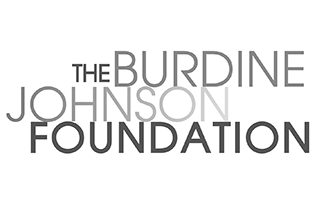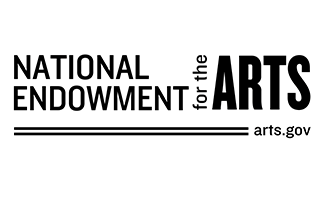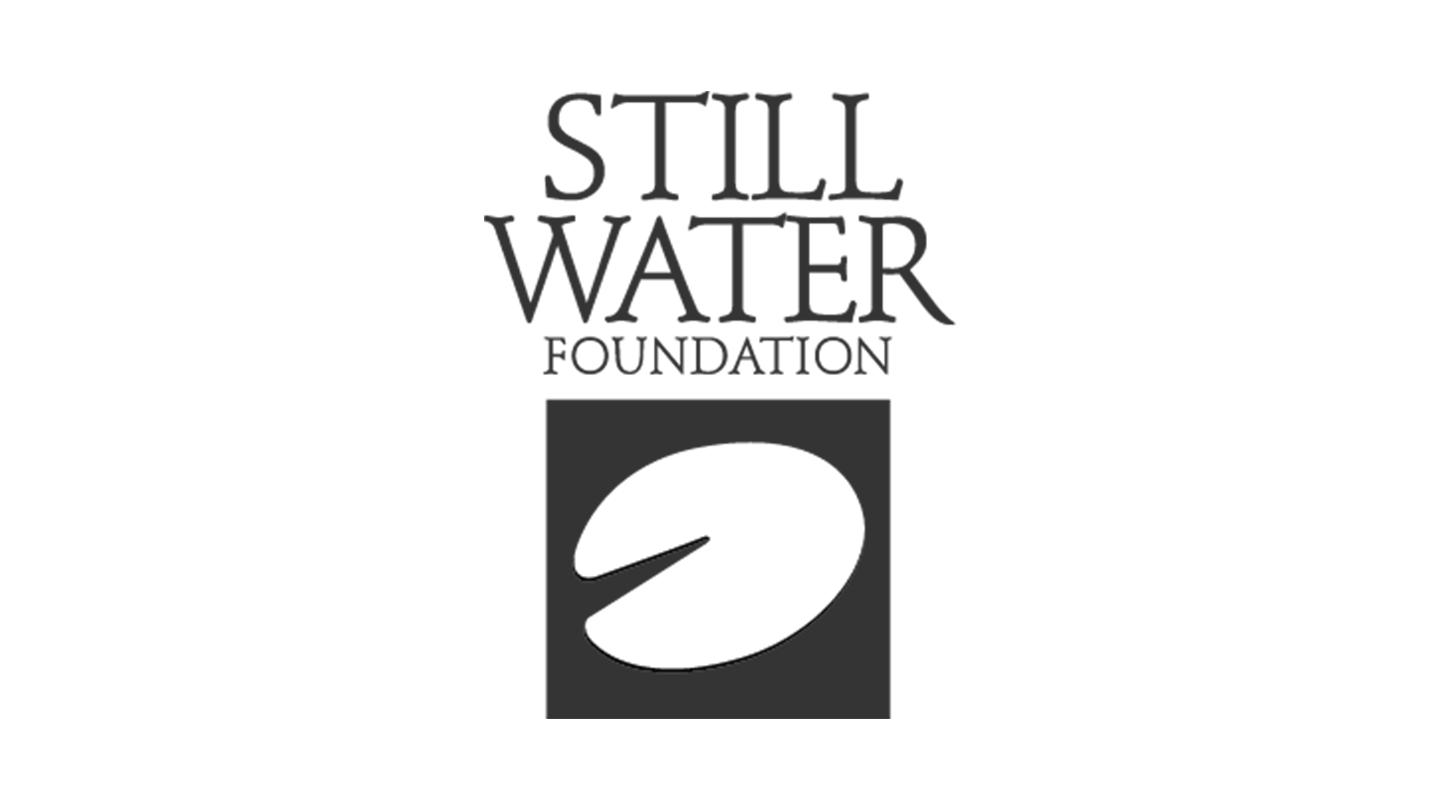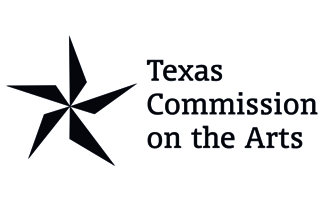Interview: Chris Beale, producer of Australian Short Film Today, talks about films from the land down under
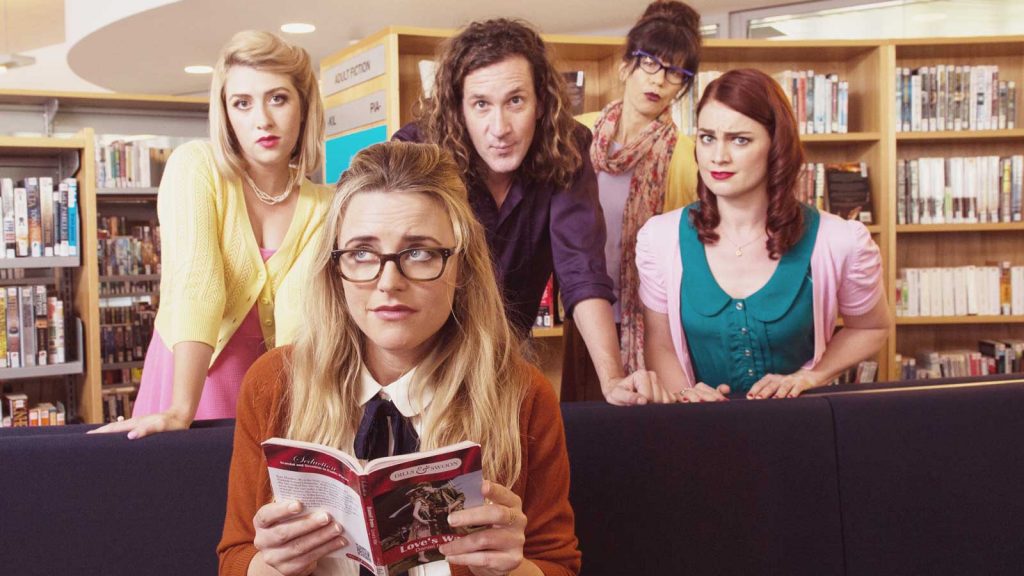
Australian Short Film Today screens their new short film lineup at AFS Cinema on Wednesday, November 28. Join us early for an Aussie reception, then stay after the film for a conversation between AFS Founder Richard Linklater and the program’s producer, Chris Beale. Members get in free! Get tickets.
Coming up on November 28, AFS presents Australian Short Film Today, a collection of shorts from the land down under. From Jane Campion’s student film PEEL to the Academy Award-nominated THE ELEVEN O’CLOCK, the program represents the continent’s unique filmmaking scene. We had the opportunity to speak with Chris Beale, producer of Australian Short Film Today.
AFS: You served on the selection committee of the Australian Short Film Today program. Tell us about the process.
Chris Beale: We tracked about 1,000 films, saw over 230, and narrowed the number down to 35 for the selection committee, and they selected the 9 films we are screening. It was a huge labor of love.
What makes this evening a not-to-be-missed film event?
You’ll see a wide range of well-made films dealing with serious as well as light themes, and you’ll see unusual characters and hear unusual stories, threaded with an Australian sense of fun. Australians are great storytellers.
Also, it is not often you see a retrospective of a short film. We are showing legendary director Jane Campion’s student film PEEL. It won best short film at Cannes in 1986. I met Jane at Lincoln Center last year and asked her permission to screen her short, and she said yes, although we also needed the permission of AFTERS (Australian Film Television & Radio School) where Jane made the film. We’ve screened films from AFTERS before and they have been generous to us with their films.
What themes did you see this year?
One theme is that – apart from Jane’s film – there is only one student film in this year’s program (ADELE). This is a change from past years. This reflects the emergence of small production houses and crowdfunding, as well as new socially-oriented producers such as the production company behind KILL OFF, and we’re also seeing established screenwriters and actors producing and directing their own shorts as a calling card for a feature film directorship.
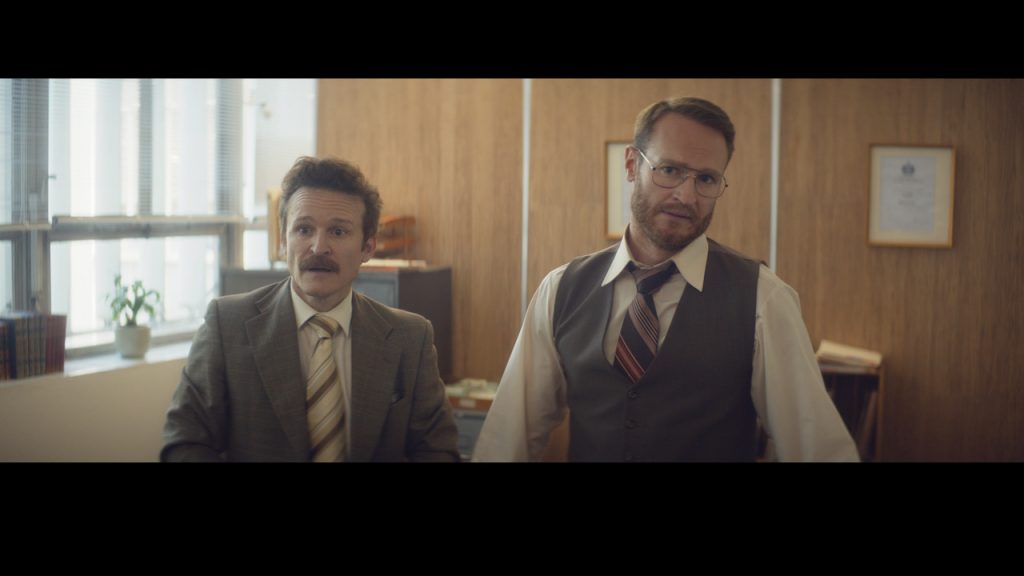
Can you talk about one particular short within the program that you think audiences will particularly enjoy?
Well, it’s hard to choose one because they are all so different. I think the audience will enjoy THE ELEVEN O’CLOCK, a cleverly-written comedy in which the psychologist’s patient thinks he is the psychiatrist. This short was nominated for a U.S. Academy Award this year. But so many others have won audiences’ hearts: ADELE, KILL OFF and LIBRARY OF LOVE for example. There is a keen following for WELCOME HOME ALLEN, a poignant film about a group of Viking warriors returning from an ancient war to a modern world. I don’t fully understand this film but I love it.
In what ways do the selected films reflect the changing society of Australia?
This year’s shorts reflect the rapidly changing nature of Australian society. It’s now mostly an inclusive society. There are two films this year that include immigrants to Australia from Africa. The female lead character from the Congo in ADELE is at high school in Australia and trapped in an arranged marriage, so she is a prisoner of that unattractive part of African tradition. Will she escape from that? The supporting male character from the Sudan in KILL OFF interacts with a young Australian girl with an intellectual disability (who is actually played by an American actress). He is the one adult who connects with her best, based on their shared passion for Krump.
Australian Short Film Today has been in existence for years. Can you talk about trends you are seeing in Australian film; shorts, in particular?
Australia has a small but highly developed film industry, with a small local box office. As a result, Australia exports movies as well as highly-trained actors and skilled directors all over the world.
Australian shorts are very diverse and cover a wide range of topics. While feature films dominate, I think short films occupy a bigger mindset for the film-going audience’s consciousness in Australia than in most other countries.
One trend is that short films are getting longer, and longer is not necessarily better. This is perhaps due to increased funding for shorts from state funding agencies and crowdfunding. I generally like to see shorts work within a 7-12 minute timeframe, so in constructing a 90-minute program we focus on those. It is hard to make a good short. The filmmaker has to draw the audience in quickly, deliver the story, and end quickly. Good short filmmaking is an art in itself.
What is the history of the Australian Short Film Today? How did you get involved in this program? Why was this touring program created?
Australian Short Film Today was founded in 1992 by a dear friend who had been a kindergarten teacher and the first on-air presenter of Romper Room on Australian television. She started it as a one-night stand in New York, and it became one of my favorite nights of the year. She had an artistic mind and it was anything but a children’s program. When she died in 2015, I felt I had to carry it on. After curating the first edition three years ago, I thought we should take the program to other cities to share the films broadly. This year the program will be shown in 8 cities including London, Paris and Berlin.
What is the importance of this touring program to Australian filmmakers and the Australian film industry?
The touring program is important in showcasing the talents of young filmmakers and increasing their global exposure. Our mission is to help them get that exposure.
What’s on your Austin to-do list when you are in town? Any favorite places that you always visit?
On my to-do list is dinner at Emmer & Rye. It’s one of the best restaurants in the country in my opinion.
About Chris Beale:
Chris and Francesca Beale are Australian expats who live in New York. Directly and through the Chris and Francesca Beale Foundation they support the arts, particularly film and ballet. They support Australian Short Film Today, an international traveling showcase of Australian film talent, and Australian International Screen Forum in New York, which connects Australian feature film screen talent with US film, television and digital production and distribution companies.

